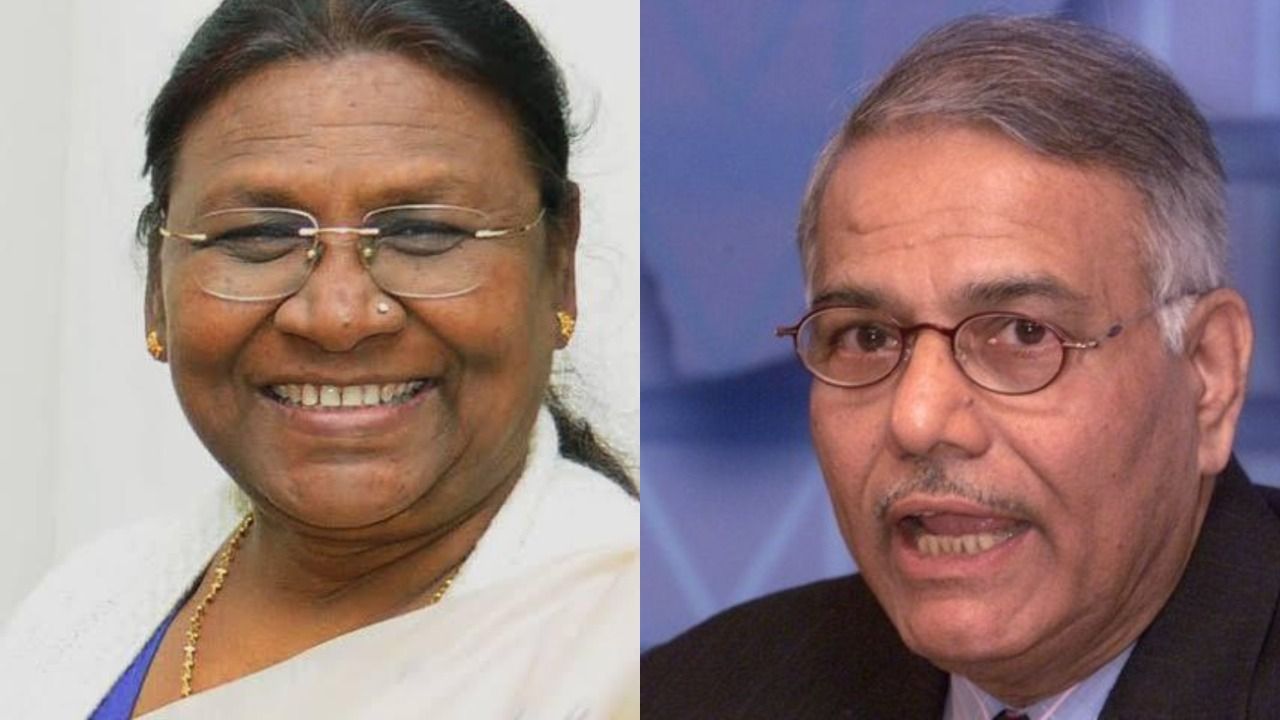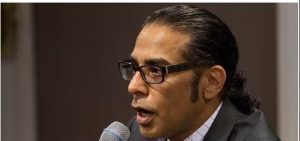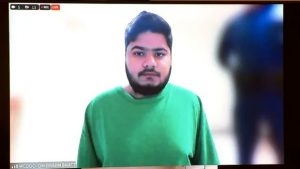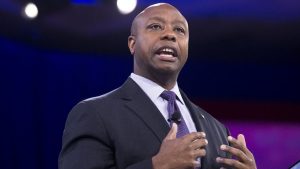India on Monday
will elect its 15th, President. The Indian President is the chief of the
country’s political executive and of the its armed forces. This time, the
contest for presidency is between Droupadi Murmu, the BJP-supported candidate,
and Yashwant Sinha, the candidate supported by opposition parties.
Droupadi Murmu, 64
and an Adivasi woman from Odisha who was the only Jharkhand governor to serve a
full term is a clear favourite. She not only has the support of the BJP and the
NDA, a host of regional political parties have announced their support from
her, including her home state Odisha’s ruling party, the Biju Janata Dal (BJD).
Also Read | Droupadi Murmu: 10 things to know about BJP’s presidential candidate
Yashwant Sinha,
84, is a former Union minister. He had served as the Minister of External
Affairs in Atal Bihari Vajpayee’s government from 1999 to 2004. A firebrand BJP
leader once, Sinha quit his party a few years ago. He later joined the
Trinamool Congress. When Mamata Banerjee was struggling to find a presidential
nominee after three senior leaders said no, Yashwant Sinha stepped up.
The Indian
Presidential elections are held through Electoral College. Members of
Parliament as well as members of legislative assemblies (MLAs) of all states
and Union territories of Delhi and Puducherry vote in these polls. The
President is elected through a preferential mode of election.
Along with the
BJP, Droupadi Murmu enjoys the support of the Biju Janata Dal (BJD), Odisha’s
ruling party led by Naveen Patnaik, both factions of the Shiv Sena – the Eknath
Shinde faction as well as the Uddhav Thackeray faction, Jagan Mohan Reddy-led
YSRC, Nitish Kumar-led Janata Dal and a host of other political parties. There
are no whips in presidential elections and every member votes according to
their conscience.
Monday, the day of
the presidential elections, is also the first day of the monsoon session of
Parliament. A total of 32 bills are expected to be introduced. The
recently-passed list of unparliamentary words as well as the Agnipath scheme
are likely to be discussed.







